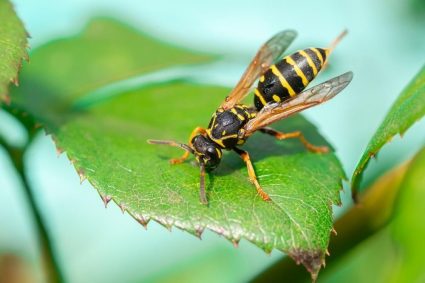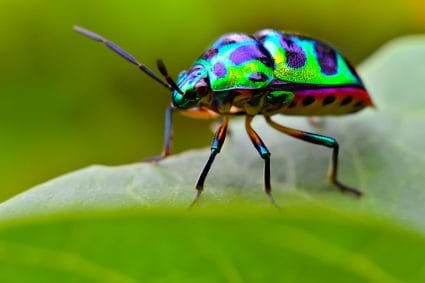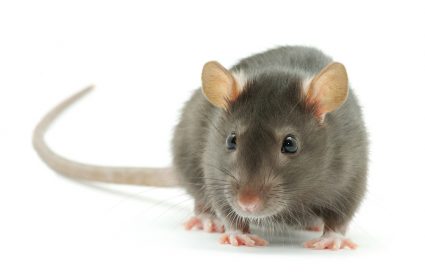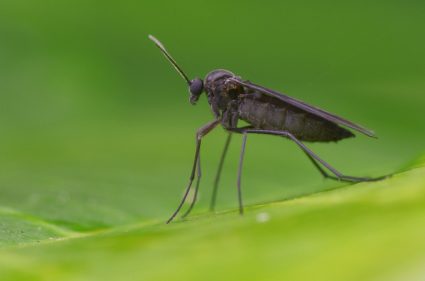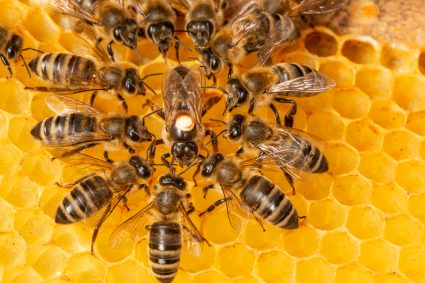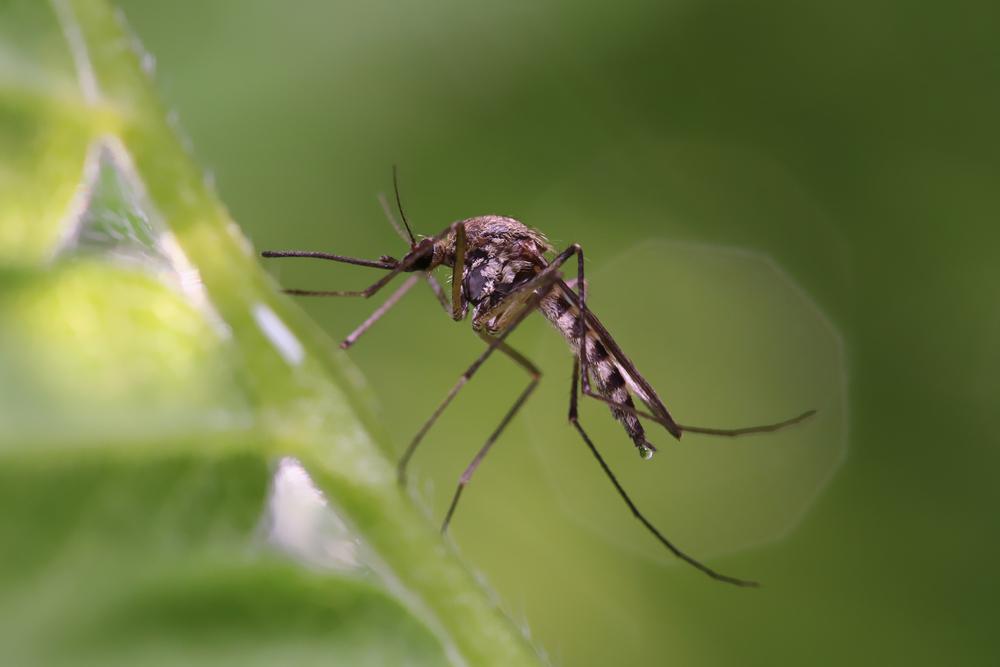
Mosquitoes aren’t just a nuisance – they’re a major health concern too. These tiny creatures are known to transmit diseases like malaria, dengue, Zika virus, and more. Therefore, it’s essential to protect yourself against them. In this article, we’ll explore various mosquito repellents, from chemical-based products to natural alternatives, and even homemade solutions.
You can use a variety of methods as mosquito repellent. Chemical-based repellents like products containing DEET, Picaridin, or Permethrin are commonly used. Natural repellents include Oil of Lemon Eucalyptus, Thermacell devices, and certain plants like citronella and lavender. Homemade solutions can also be made using ingredients like essential oils or garlic paste. Additionally, clothing treated with permethrin and certain essential oils can also serve as effective mosquito repellents.
Chemical-Based Mosquito Repellents
Chemical-based mosquito repellents are widely used due to their effectiveness. Here are some of the most effective active ingredients found in these products:
- DEET: This is a widely used active ingredient in many insect repellent products, effective in repelling mosquitoes and ticks.
- Picaridin: A synthetic repellent that can protect for up to six hours at a 20% concentration, picaridin is as effective as DEET but without its downsides.
- Permethrin: This is used to treat clothing and gear, providing additional protection against mosquitoes when applied to fabric.
When using chemical-based mosquito repellents, always adhere to the instructions provided on the product label. Apply only to exposed skin, not under clothing, and remember to wash hands after use.
Natural Mosquito Repellents
If you prefer a more natural approach to repelling mosquitoes, consider these options:
- Oil of Lemon Eucalyptus (OLE): This plant-based oil has been proven to be effective in repelling mosquitoes.
- Thermacell devices: These devices use a heat-activated repellent to create a mosquito-free zone around you.
- Mosquito-repellent plants: Some plants, such as citronella, lavender, marigolds, and mint, can help repel mosquitoes when planted in your yard or garden.
Remember, the effectiveness of these repellents can vary depending on factors such as the environment, individual physiology, and mosquito behavior.
Homemade Mosquito Repellents
There are also several homemade mosquito repellent solutions you can make using natural ingredients. These include lemon eucalyptus oil and witch hazel spray, garlic paste, essential oil blends, and more. Always remember to test these homemade solutions on a small patch of skin first to check for any allergic reactions or irritations.
Mosquito Repellent Clothing and Accessories
Clothing treated with permethrin can provide additional protection against mosquitoes. When mosquitoes make contact with the treated fabric, they receive a dose of the insecticide, which causes them to fly off and eventually die. However, it’s important to note that permethrin cannot be used directly on the skin, so you will still need to apply bug spray to exposed skin.
Essential Oils as Mosquito Repellents
Certain essential oils, such as lemon eucalyptus, citronella, tea tree, lemongrass, lavender, peppermint, basil, neem, thyme, and clove oil, can be used as mosquito repellents. They should be diluted with a carrier oil or used in a spray or diffuser, and used in moderation to avoid skin irritation or unpleasant odor.
Conclusion
In conclusion, there are various methods to repel mosquitoes, each with its own set of advantages and considerations. The best method for you will depend on your specific situation and preferences. Always remember to use these methods safely and effectively to protect yourself and your loved ones from mosquito-borne diseases.
Frequently Asked Questions
Are there any side effects of using chemical-based mosquito repellents?
Yes, some people might experience skin irritation, redness, rash, or slight swelling after using chemical-based mosquito repellents. It’s always a good idea to test the product on a small area of your skin first.
How often should I reapply natural mosquito repellents?
Natural mosquito repellents generally need to be reapplied more often than chemical ones. Depending on the specific product and the conditions, you may need to reapply every 1-2 hours.
Can I use essential oils directly on my skin as a mosquito repellent?
Essential oils should not be applied directly to the skin as they can cause irritation. They should be diluted with a carrier oil, such as coconut or jojoba oil, before applying to the skin.
How does permethrin-treated clothing work?
Permethrin-treated clothing works by repelling and killing ticks, mosquitoes, and other insects that come into contact with the fabric. The permethrin is bound to the fabric fibers and remains effective for several washes.
Can I use homemade mosquito repellents on children?
Yes, most homemade mosquito repellents are safe for children. However, always test a small amount on your child’s skin first to ensure there is no allergic reaction. Also, avoid applying repellents to the hands of young children as they often put their hands in their mouths.

